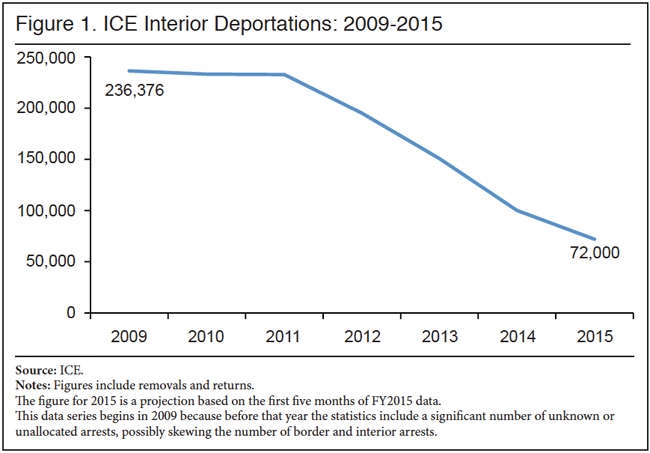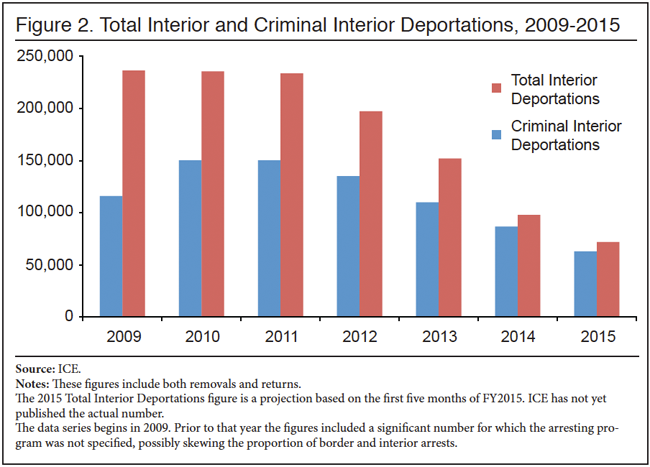And their respective leaders not only don’t care but are working to make it worse. As you read through this, you will find terrifying similarities to the recent events and legal decisions in the United States.
Did you know that Britain has no written Constitution? Well it has the Magna Carta but…..that is clearly not enough. Just ask Britain First.
Britain does have what is known as the English Bill of Rights 1689. It includes one little sentence that reads: “that the freedom of speech and debates or proceedings in Parliament ought not to be impeached or questioned in any court or place out of Parliament”.
So it is any wonder that Britain is in the condition it is currently in with particular emphasis on ‘no-go’ zones and Islam and refugees?
Alright, the other powerhouse in Europe is Germany. In fact Germany is in much more dire conditions than Britain….how so?
The EU is Coming to Close Down Your Free Speech
The German Chancellor was not interested in the reinforcement of Europe’s external borders, the re-erection of its internal borders, the institution of a workable asylum vetting system and the repatriation of people who had lied to gain entry into Europe. Instead, Chancellor Merkel wanted to know how Facebook’s founder could help her restrict the free speech of Europeans, on Facebook and on other social media.
- Then, on May 31, the European Union announced a new online speech code to be enforced by four major tech companies, including Facebook and YouTube.
- It was clear from the outset that Facebook has a definitional problem as well as a political bias in deciding on these targets. What is Facebook’s definition of ‘racism’? What is its definition of ‘xenophobia’? What, come to that, is its definition of ‘hate speech’?
- Of course the EU is a government — and an unelected government at that — so its desire not just to avoid replying to its critics — but to criminalise their views and ban their contrary expressions — is as bad as the government of any country banning or criminalising the expression of opinion which is not adulatory of the government.
- People must speak up — must speak up now, and must speak up fast — in support of freedom of speech before it is taken away from them. It is, sadly, not an overstatement to say that our entire future depends on it.
It is nine months since Angela Merkel and Mark Zuckerberg tried to solve Europe’s migrant crisis. Of course having caused the migrant crisis by announcing the doors of Europe as open to the entire third-world, Angela Merkel particularly would have been in a good position actually to try to solve this crisis.
But the German Chancellor was not interested in the reinforcement of Europe’s external borders, the re-erection of its internal borders, the institution of a workable asylum vetting system and the repatriation of people who had lied to gain entry into Europe. Instead, Chancellor Merkel was interested in Facebook.
When seated with Mark Zuckerberg, Frau Merkel wanted to know how the Facebook founder could help her restrict the free speech of Europeans, on Facebook and on other social media. Speaking to Zuckerberg at a UN summit last September (and not aware that the microphones were picking her up) she asked what could be done to restrict people writing things on Facebook which were critical of her migration policy. ‘Are you working on this?’ she asked him. ‘Yeah’, Zuckerberg replied.
In the months that followed, we learned that this was not idle chatter over lunch. In January of this year, Facebook launched its ‘Initiative for civil courage online’, committing a million Euros to fund non-governmental organisations in its work to counter ‘racist’ and ‘xenophobic’ posts online. It also promised to remove ‘hate speech’ and expressions of ‘xenophobia’ from the Facebook website.
It was clear from the outset that Facebook has a definitional problem as well as a political bias in deciding on these targets. What is Facebook’s definition of ‘racism’? What is its definition of ‘xenophobia’? What, come to that, is its definition of ‘hate speech’? As for the political bias, why had Facebook not previously considered how, for instance, to stifle expressions of open-borders sentiments on Facebook? There are many people in Europe who have argued that the world should have no borders and that Europe in particular should be able to be lived in by anyone who so wishes. Why have people expressing such views on Facebook (and there are many) not found their views censored and their posts removed? Are such views not ‘extreme’?
One problem with this whole area — and a problem which has clearly not occurred to Facebook — is that these are questions which do not even have the same answer from country to country. Any informed thinker on politics knows that there are laws that apply in some countries that do not — and often should not — apply in others. Contrary to the views of many transnational ‘progressives’, the world does not have one set of universal laws and certainly does not have universal customs. Hate-speech laws are to a very great extent an enforcement of the realm of customs.
As such it is unwise to enforce policies on one country from another country without at least a very deep understanding of that countries traditions and laws. Societies have their own histories and their own attitudes towards their most sensitive matters. For instance in Germany, France, the Netherlands and some other European countries there are laws on the statute books relating to the publication of Nazi materials and the propagation of material praising (or even representing) Adolf Hitler or denying the Holocaust. The German laws forbidding large-scale photographic representations of Hitler may look ridiculous from London, but may look less ridiculous from Berlin. Certainly it would take an enormously self-confident Londoner unilaterally to prescribe a policy to change this German law.
To understand things which are forbidden, or able to be forbidden, in a society, you would have to have an enormous confidence in your understanding of that country’s taboos and history, as well as its speech codes and speech laws. A ban on the veneration of communist idols, for instance, may seem sensible, tasteful or even desirable in one of the many countries which suffered under communism, wish to minimise the suffering of the victims and prevent the resurrection of such an ideology. Yet a universal ban on images or texts which extolled the communist murderers of tens of millions of people would also make criminals of the thousands of Westerners — notably Americans — who enjoy wearing Che Guevara T-shirts or continue their adolescent fantasy that Fidel Castro is an icon of freedom. Free societies generally have to permit the widest possible array of opinion. But they will have different ideas of where legitimate expression ends and where incitement begins.
So for Facebook and others to draw up their own attempt at a unilateral policy of what constitutes hate-speech would be presumptuous even if it were not — as it is — clearly politically biased from the outset. So it is especially lamentable that this movement to an enforced hate-speech code gained additional force on May 31, when the European Union announced a new online speech code to be enforced by four major tech companies, including Facebook and YouTube. Of course, the EU is a government — and an unelected government at that — so its desire not just to avoid replying to its critics — but to criminalise their views and ban their contrary expressions — is as bad as the government of any country banning or criminalising the expression of opinion which is not adulatory of the government.
That these are not abstract issues but ones exceedingly close to home has been proven – as though it needed proving – by the decision of Facebook to suspend the account of Gatestone’s Swedish expert, Ingrid Carlqvist. In the last year Sweden took in between 1 and 2% additional people to its population. Similar numbers are expected this year. As anyone who has studied the situation will know, this is a society heading towards a breakdown of its own creation, caused (at the most benign interpretation) by its own ‘open-hearted’ liberalism.
Countries with welfare models such as Sweden’s cannot take in such numbers of people without major financial challenges. And societies with a poor integration history cannot possibly integrate such vast numbers of people when they come at such speed. As anyone who has travelled around there can tell, Sweden is a country under enormous and growing strain.
There is a phase in waking up to such change which constitutes denial. The EU, the Swedish government and a vast majority of the Swedish press have no desire to hear critiques of a policy which they have created or applauded; the consequences will one day be laid at their door and they wish to postpone that day, even indefinitely. So instead of tackling the fire they started, they have decided to attack those who are pointing to the fact that they have set the building they are standing in on fire. In such a situation it becomes not just a right but a duty of free people to point out facts even if other people might not want to hear them. Only a country sliding towards autocracy and chaos, with a governing class intent on avoiding blame, could possibly allow the silencing of the few people pointing out what they can clearly see in front of them.
People must speak up — and speak up now, and speak up fast — in support of freedom of speech before it is taken away from them, and in support of journalists such as Carlqvist, not on trial for free speech, and against the authorities who would silence all of us. It is, sadly, not an overstatement to say that our entire future depends on it.



 , until Trump rose in the polls.
, until Trump rose in the polls.